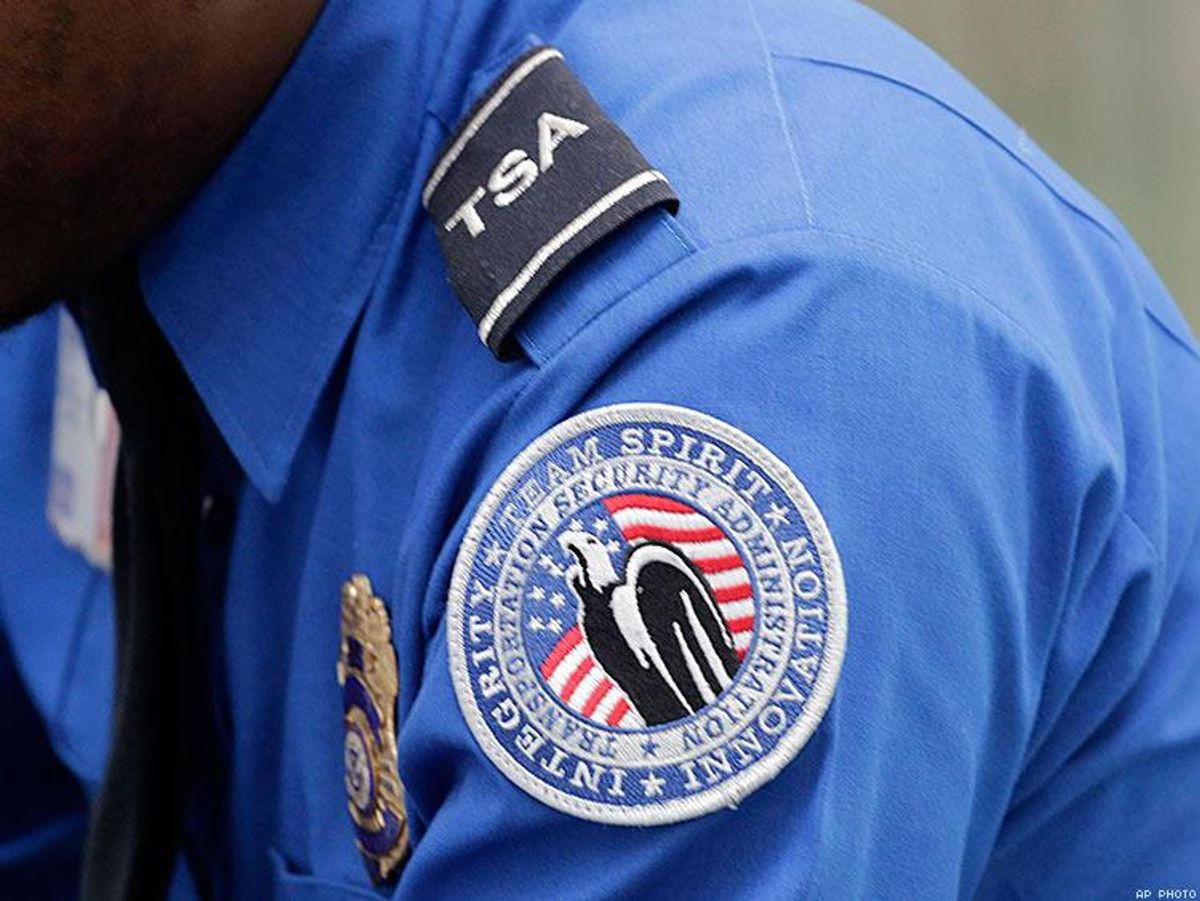For me, the 1990s were a decade full of overlapping journeys. It was 1996 when I came out -- and remained out -- as a trans and queer person. By 1999, I was perfecting my approach to creating inclusive change in government and private institutions, and in 2001, I established my private practice as a licensed psychotherapist.
In the years since, I have successfully advocated for trans-inclusive changes in multiple Nevada laws and regulations, and have made hundreds of educational presentations to increase understanding of sex/gender diversity.
And I have had the somber privilege to bear witness to the stories of thousands of transgender, intersex, and sex/gender-diverse persons who have been victimized by individuals and institutions. Among the countless queer people I have gotten to know through my career, none has escaped interpersonal and institutional violence. The vast majority of these individuals can recount not just one incident but several.
We are reminded daily that violating society's strictly binary sex/gender norms comes at a heavy cost. Believe me, I could tell story after story of depravity -- many of them would be my own personal histories.
Aside from the harrowing tales of intimate partner, familial, and faith-based abuse, we are too frequently harmed by persons in positions of power, who are sworn to protect and serve. As the recent outcry over the Transportation Security Administration's unacceptable treatment of transgender passengers demonstrates, some of the most harmful abuse is perpetrated by persons in authority. Tragically, we as queer persons so often believe we are powerless to respond -- that to resist will only increase the chances that we will be further harmed, and that this subsequent harm will be "justified" by our resistance.
We at Gender Justice Nevada have, over the past 17 years, engaged with more than 20 state and federal agencies, and innumerable private organizations, in an effort to make those environments more inclusive and accepting of trans, intersex and sex/gender-diverse persons. When we first make those invitations to cocreate change, we are often met with excitement and willingness. Individual staffers -- often even leaders -- working in agencies and businesses frequently express what seems to be an honest desire to make a difference.
But this initial excitement almost always evaporates, as we dive into the details of what change really looks like. We learned this lesson the hard way when our organization last year hosted a training for TSA agents at McCarran International Airport in Las Vegas. Although TSA agents and supervisors were professional and respectful throughout the training, we have not heard from anyone at the federal agency since we concluded our preliminary seminar in July 2014.
We were offered a friendly greeting by TSA supervisors when we arrived that day. Our training was to be one of several offered to the approximately 15 TSA officers in the class. The dynamics were mostly efficient and businesslike; attendees seemed interested overall and offered respectful acknowledgement. What was lacking was the energy of interaction; few questions were asked and while the hour didn't drag on, we left feeling that perhaps folks were mostly fulfilling a job requirement. Afterward, we were told that our presentation was successful and that they would be contacting us about future trainings. Well, we heard back only this past summer, over a year after we had shared space. And though we quickly agreed to schedule another training, as of press time, we are still waiting for a reply confirming a training date.
We have faced this dynamic over and over through the years: enthusiasm followed by lack of follow-up. By our estimation, befuddlement over changing pronouns and bathrooms and paperwork leads to a critical lack of understanding, which itself leads to resistance and fear of change in what may be the most powerful structural belief system in Western culture: that of binary sex/gender roles.
Perhaps hoping for swift or meaningful change at a hulking federal agency like the TSA was unrealistic, but we still continue to believe there are good people at the agency who want to honor their commitment to diversity, including sex/gender diversity.
But they can't do that by keeping us at arm's length. And every day the TSA fails to make meaningful progress in its screening procedures for trans, intersex. and sex/gender-nonconforming passengers, our community is being subjected to violence.
The consequences of this violence and of our responses to it are immediate and cumulative -- both for the individuals directly involved and to the communities we represent. Because these violations tend to be persistent yet also unpredictable, many visibly queer people experience symptoms commonly associated with post-traumatic stress disorder. We are hyper-vigilant and experience psychological or physiological reactivity to reminders of the violence.
As part of our healing, we share our experiences with others who we believe can understand without judgment -- which often means engaging with other queer people. Such dialogue is essential to our individual healing, as it is for anyone. But it has another, no less significant impact: We are teaching each other that authority figures are not to be trusted. Not at any time, not for any thing.
This cycle of abuse must stop, and responsibility for stopping it rests primarily in the hands of those who are in positions of power and privilege. It is not enough simply to make some token efforts to change when pressured by visible stories of violence. Our queer communities have gifts to share. We are here. We are willing to help. We are seeking reliable and honest partners.
 JANE HEENAN is a licensed psychotherapist, Director and Founder of Gender Justice Nevada, and an agitator in support of queer persons. Their pronouns are they, them and their.
JANE HEENAN is a licensed psychotherapist, Director and Founder of Gender Justice Nevada, and an agitator in support of queer persons. Their pronouns are they, them and their.


 JANE HEENAN is a licensed psychotherapist, Director and Founder of
JANE HEENAN is a licensed psychotherapist, Director and Founder of 














































































Viral post saying Republicans 'have two daddies now' has MAGA hot and bothered